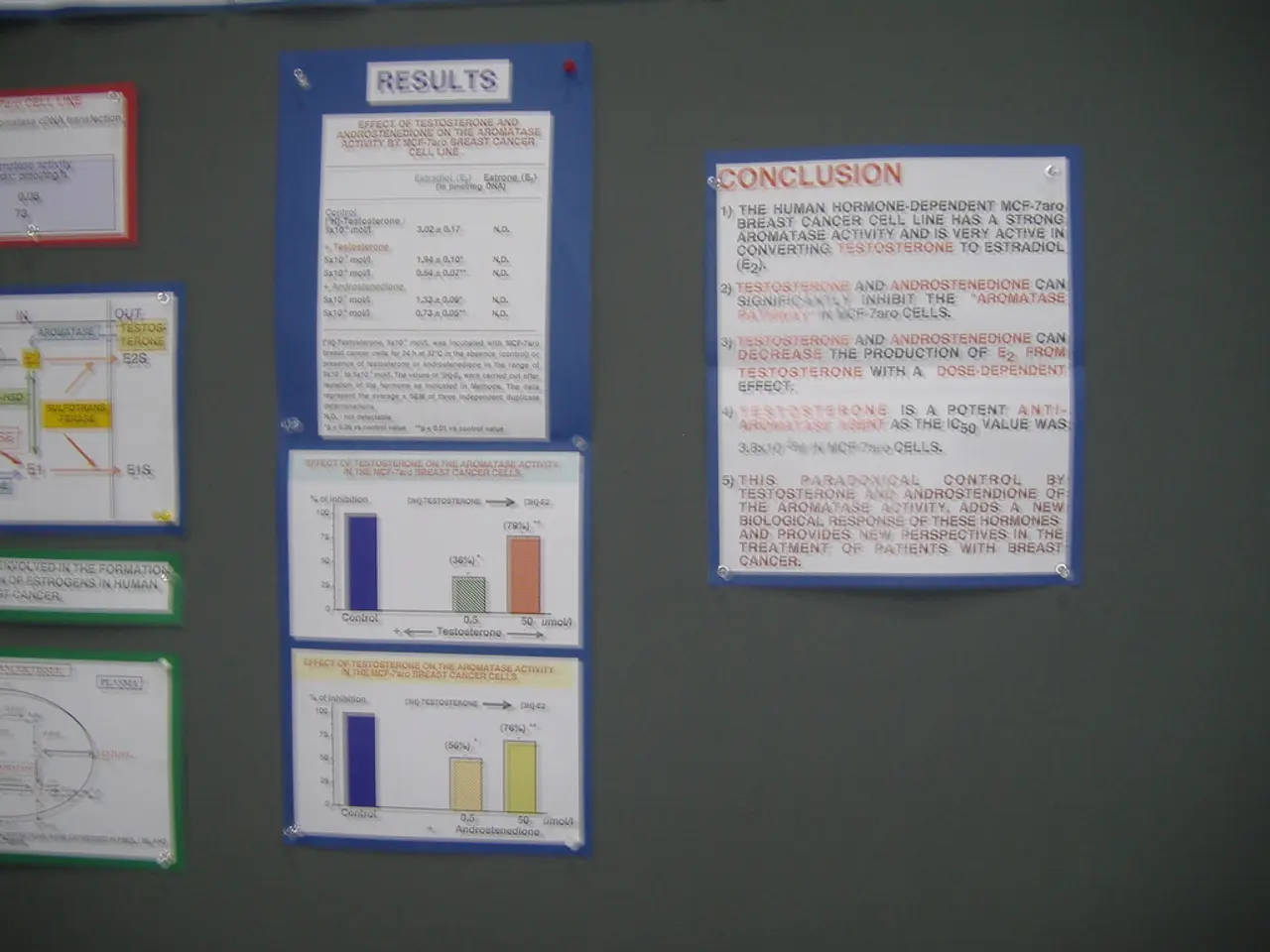Assessing and Addressing Climate-Linked Financial Risks within Asian-Pacific Regulatory Frameworks
The United Nations Environment Programme Finance Initiative (UNEP FI) is set to host a webinar that will delve into the latest developments in sustainable finance regulations in the Asia-Pacific (APAC) region. The session, which is part of UNEP FI's Regulatory Implementation Support Programme, aims to provide participants with insights into recent advancements and lessons learned from the implementation of these regulations.
The webinar will focus on the key findings of UNEP FI's recent report, "Climate-related risks in financial regulation and supervision in APAC." The report presents an analysis of how APAC jurisdictions are integrating climate-related risks into their banking regulatory and supervisory frameworks.
One of the main findings of the report is the significant variation in central bank mandates across the APAC region regarding their explicit ability to address climate change risks. Some countries like Malaysia, the Philippines, Singapore, and New Zealand have explicitly incorporated sustainability into their central bank mandates, while others like China, South Korea, Thailand, and Indonesia reference broader sustainability goals more implicitly.
All 12 jurisdictions analyzed have undertaken or are conducting macroprudential exercises such as climate stress testing and scenario analysis to assess the potential financial impacts of climate change and implications for financial system stability. On the microprudential level, implementation aligns broadly with the Basel Committee on Banking Supervision’s (BCBS) three-pillar framework.
The region is witnessing a rise in climate-related disclosure requirements and supervisory guidance to enhance transparency and enable better risk management in the banking sector. There is a clear regional trend towards stronger regulatory mandates on climate risk, greater alignment with international frameworks, and increasingly refined methodologies for climate risk assessment.
Central banks throughout APAC are actively working to align financial sector activities with climate action, recognizing the significant financial stability risks posed by climate change. They utilize their prudential regulation tools to mitigate climate risks, even when their traditional mandates focus on financial and price stability, showing the flexibility and evolving nature of these mandates to include sustainability considerations.
The webinar, moderated by Junice Yeo, Executive Director of the hosting website, will feature perspectives from central bank representatives and other experts on these developments. Speakers include Suraya Sani, Deputy Director of the Sustainability Unit at Bank Negara Malaysia, Adam Ng, Finance Practice Leadership Team at WWF, and Aziz Durrani, Team Lead and Senior TA Specialist at ASEAN+3 Macroeconomic Research Office (AMRO).
The session will discuss topics related to sustainable finance regulations and reporting requirements, offering participants the opportunity to learn about these recent developments and the lessons learned from their implementation. By integrating climate-related risks into financial systems, APAC economies aim to create more resilient systems and drive capital towards sustainable activities, potentially reshaping economic activities across industries in the region.
The Asia-Pacific (APAC) region plays a critical role in addressing climate change and building resilience to its impacts. The webinar hosted by UNEP FI will contribute to this effort by providing valuable insights into the progress being made in integrating climate-related financial risks into regulatory frameworks and the steps being taken to safeguard financial stability against climate change threats.
[1] UNEP FI (2021). Climate-related risks in financial regulation and supervision in APAC. [online] Available at: https://www.unepfi.org/resources/climate-related-risks-in-financial-regulation-and-supervision-in-apac [2] UNEP FI (2021). Climate-related risks in financial regulation and supervision in APAC: Policy brief. [online] Available at: https://www.unepfi.org/resources/climate-related-risks-in-financial-regulation-and-supervision-in-apac-policy-brief [3] UNEP FI (2021). Climate-related risks in financial regulation and supervision in APAC: Webinar. [online] Available at: https://www.unepfi.org/events/climate-related-risks-in-financial-regulation-and-supervision-in-apac-webinar
- The webinar, hosted by UNEP FI, will delve into the latest developments in sustainable finance regulations in the Asia-Pacific (APAC) region and discuss topics related to climate-change, specifically focusing on the key findings of UNEP FI's recent report.
- The report presents an analysis of how APAC jurisdictions are integrating carbon emissions and climate-related risks into their banking and financial regulatory and supervisory frameworks, revealing significant variation in central bank mandates.
- The session will offer insights into recent advancements and lessons learned from the implementation of sustainable finance regulations in the APAC region, with a focus on the role of science and environmental-science in shaping these developments.
- Central banks in APAC are working actively to align their activities with climate action, recognizing the potential financial stability risks posed by climate change and utilizing their prudential regulation tools to mitigate these risks.
- By integrating climate-related risks into financial systems, the APAC business and banking-and-insurance sectors aim to create more resilient systems, drive capital towards sustainable activities, and contribute to building a more sustainable future, in alignment with international finance and sustainability commitments.




